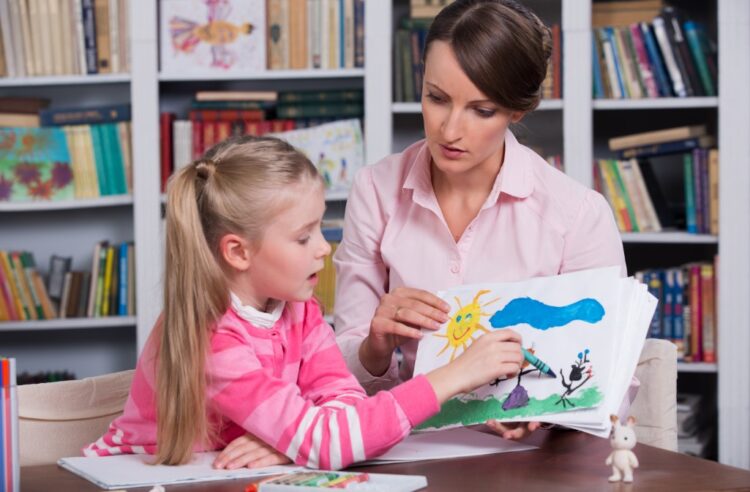Educational institutions are becoming increasingly complex. Teachers everywhere do their best to ensure comprehensive education for their students, but it is not a one-size-fits-all approach. Every student learns differently based on several factors.
Looking at the varying needs of every student, the role of an educational psychologist became unavoidable. These professionals focus on improving learning environments for students and helping them unlock their full potential.
Many people have a passion for non teaching jobs in education. If you are also considering a similar career path, learning the education psychology definition is a great start. Here on, you can learn more about education psychology, which can help you make a resolute decision.
Perspectives in Educational Psychology

Just like all other areas of psychology, educational psychology also has a different perspective on finding the solution to one problem. Different perspectives have their own reasoning, influence, and probabilities. Learning about them can help one progress their career in education psychology.
The Behavioral Perspective
The behavioral perspective of education psychology works on the belief that all behaviors emerge from conditioning. The psychologists in this perspective work with the basic principles of operant conditioning and explain learning on that basis.
While the behavioral perspective of education psychology has been praised for years, it has also faced a fair share of criticism due to a lack of emotions, attitudes, and motivations toward learning.
The Developmental Perspective
The perspective focuses on how children acquire new skills side by side with their development. Its functions are based on the available knowledge of how children think and learn at different stages of development.
This approach follows the principles of several developmental theories to see how children grow intellectually. This way, educators are able to create educational and instructional materials aimed at children at different stages of their development.
The Cognitive Perspective

This approach works on the basis of factors such as memories, emotions, beliefs, and many more factors and how they contribute to a child’s learning process. It is one of the most effective approaches and has gained global recognition for this very reason.
Instead of focusing on teaching a lesson, the cognitive perspective focuses on understanding how a child thinks, learns, and remembers. That is the main reason for educational psychologists to favor this perspective, as it keeps the subject at the center of the circle.
The Constructivist Perspective
This approach focuses on how a subject builds their knowledge of their surroundings and the world based on their social and cultural influences. Everything a person learns is based on all the information that they already have.
This perspective is mainly based on the studies of the zone of proximal development by Lev Vygotsky.
The Experiential Perspective
According to this approach, the life experiences of a person determine how they will access information in life. This perspective shares some similarities with the cognitive and constructive approaches, but the difference is that one is allowed to find personal meaning in what they learn.
The subject does not have to agree with a perspective that does not seem applicable. Instead, they are free to look for a personal interpretation.
Methods of Educational Psychology

In addition to different perspectives, several techniques also play an important role in the whole process. Understanding the methods can help educational psychologists progress in their careers smoothly.
Introspection
This method lets the subjects analyze themselves and look deeper into their own feelings and thoughts. It works on the basis of self-observation.
Observation
It is one of the most popular methods that works by comparing the subject to another person other than themselves.
Clinical Method
Also known as the case method, the clinical method focuses on understanding the obsessions, fears, anxieties, and other emotions of the subjects.
Developmental Method
As the name suggests, this method is focused on the way the behaviors of an individual develop over time right from the beginning.
Experimental Method
The experimental method of education psychology focuses on other methods of memorization, imagination, attention, and more. It works on filling the blanks with the effect of an independent variable on the dependent variable in a situation.

Why Should You Care?
Educational psychology is a growing field that is becoming more in demand with every passing day. It can be a great non-teaching career path for someone who wants to contribute towards the improvement of the educational system. Educational psychologists can be an invaluable addition to any academic institution.
As an educational psychologist, research, assessment, and evaluation are your tools to develop evidence-based strategies, interventions, and policies that enhance teaching, learning, and educational outcomes.
Yes, this career path has its advantages and disadvantages, but no career can be all about benefits. It is all about your interests, inclinations, and personal aspirations. This may be the best career path for the ones who want to make improvements to the educational system outside the classroom.
 Hi Boox Popular Magazine 2024
Hi Boox Popular Magazine 2024



